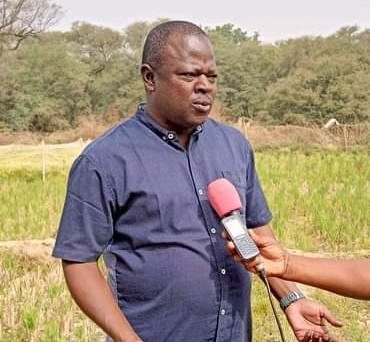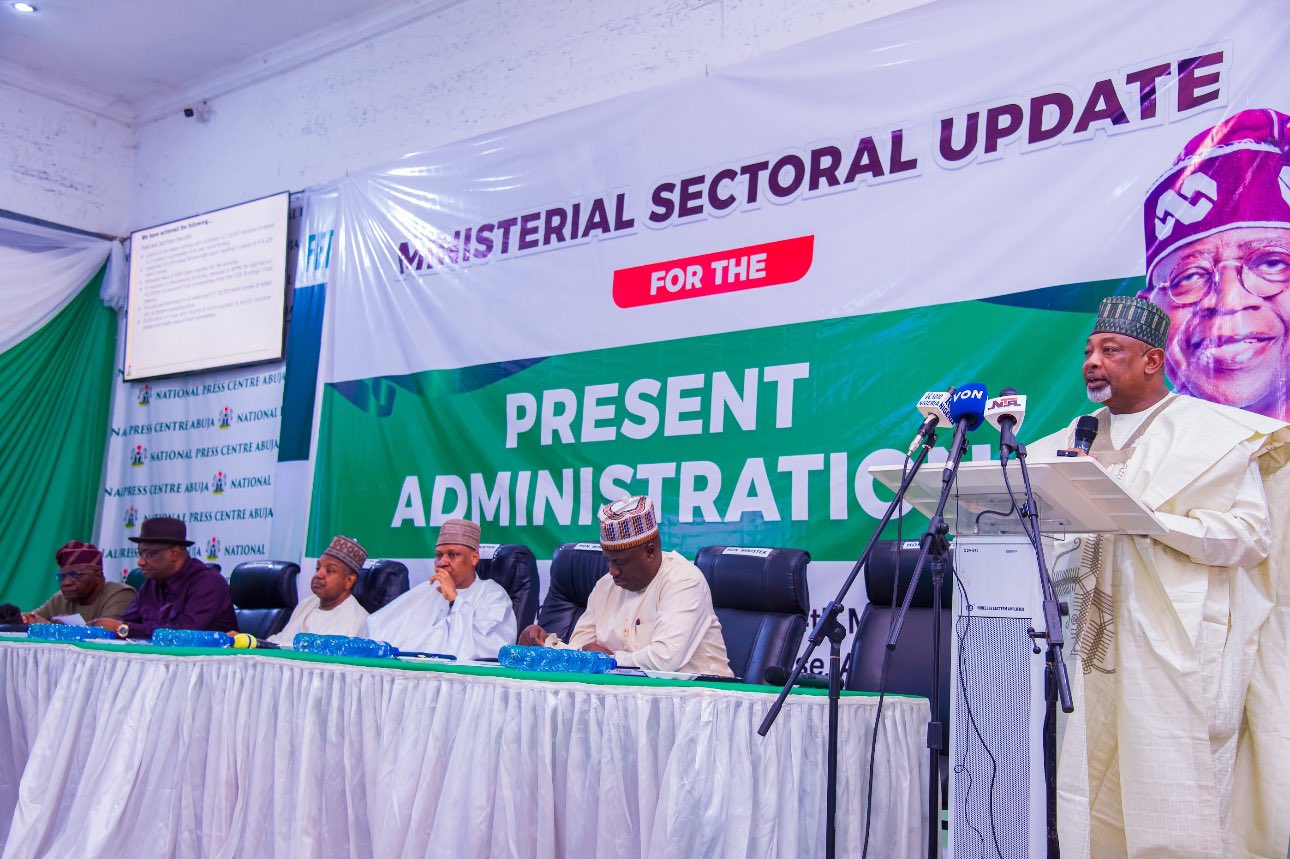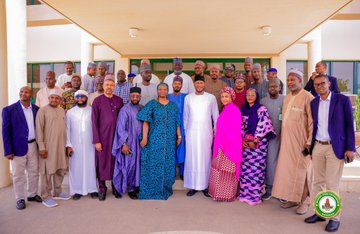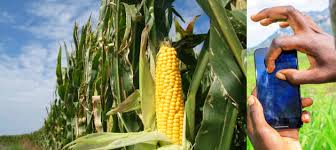PBR Cowpea Kept My Passion To Help Farmers Alive – Batieno

Benoit Joseph Batieno was born and raised in a modest Burkinabe family whose patriarch was a soldier.
As the son of a soldier, it is expected that he would have been at the forefront in a conventional battlefield, leading a revolution to keep the territorial sovereignty of Burkina Faso at a time that the country and others within the West African sub-region are battling to ward off terrorists. At least this would have gladdened his father’s heart, as he would have been seen to have carried over the legacy of his father.
Although Batieno has chosen to be a plant breeder which is at variance with what his father was known for, he may have upheld another legacy of the family as built by his father.
Currently, the son of the soldier is leading the cowpea revolution that has put Burkina Faso on the world map for the positive reasons.
Buoyed with an enviable pedigree, Batieno is leading efforts towards the formal adoption of the Pod Borer Resistant (PBR) Cowpea in Burkina Faso.
With a PhD in Genetics and Plant Breeding from the West African Centre for Crop Improvement (WACCI) graduate school at the University of Ghana, Legon, Batieno is Principal Research Scientist at INERA and being Head of the Cowpea Improvement Team since 2014 with 19 years of experience in cowpea selection at the Plant Genetics and Biotechnology Laboratory (LGBV) at Kamboinsé research station, Batieno has been well-groomed for the job.
As a Leader of breeding program, he coordinates the programming of cowpea plant improvement activities, the writing and management of projects, the supervision of students and help in building the capacity of producers, among numerous other functions. He is also the national coordinator of the Maruca-resistant cowpea development project of the African Agricultural Technology Foundation (AATF) and other projects.
For Batieno, the path to achieving these attainments began with the orientation he received as a child. Recounting this in an interview, he said, “Although my father was a soldier, my family spent holidays in the farm fields planting. It was then that I developed the passion for agriculture.”
After obtaining a degree in Biochemistry at the University of Ouagadougou, Batieno chose to re-orient his field of studies in agriculture. This, according to him, is to enable him solve some of the major problems faced by farmers in his country.
“I really felt the need to help farmers solve some important constraints. So I joined agricultural studies at the Institute of Rural Development, University of Bobo Dioulasso, Burkina Faso where I got a degree in Engineer, from where I went on to get a Master degree in Plant Breeding at the University of Ouagadougou.”
For nine years now, Batieno has been Principal Investigator of the PBR Cowpea project at INERA and Head of the Cowpea Improvement Team.
Recalling his time under the PBR Cowpea project, he said, “I have been there from the onset of the PBR cowpea in Burkina Faso in 2010-2011. But at that time, I was only a member of the team carrying cowpea breeding activities.”
He became the Principal Investigator after the first person who handled the same position, Dr Tignegre who is the acting PBR Cowpea manager in Abuja left other duties, and since he was there from the onset of the project, he was appointed in June 2014 as Primcipal Investigator for the project.
For Batieno, the timeline has been filled with memorable events, one of which was the arrival of the PBR cowpea seeds in his home country.
“The arrival of the seed in Burkina Faso was amazing. We have to mobilize security to convey the seed from the airport to Kamboinse,” he recalled with nostalgia.
According to Batieno, Being a Principal Investigator in a project as the PBR Cowpea project is more than just being a scientists.
He said, “Being a PI is being a manager who should do programming, executing and reporting. As PI, I have been able to build my capacity in these areas and build confidence when communicating and the ability to write proposal and attack funds.”
Batieno has evidently lived up to this responsibility as he was recently recognized as outstanding alumni by the West Africa Centre for Crop Improvement for his achievement in the field after his PhD graduation.
His greatest delight at the moment is being one of the first scientists who have used true science and technology to help farmers solved issues around cowpea production.
“I am most delighted at seeing the PBR cowpea and many genetically engineered cowpeas in the hands of farmers covering at least 20% of cowpea-growing land area and grains in the marketplace.
“I am also very glad that people will remember that they are now using less insecticide in cowpea farms but making more cash because of the varieties that were developed by my program,” Batieno said.
Looking back, Batieno feels like a woman who has just been delivered of a healthy baby, especially while reflecting on the challenges that his team faced with the introduction of PBR cowpea in Burkina Faso.
Sharing on how to beat similar challenges, he said, “The beginning would have some difficulties mostly in the big cities but better communication would be the way to help people understand the technology. I have no doubt that farmers would adopt the technology as shown by one of our ex-ante studies.”
Citing results from the study, Batieno said more than 80% of farmers and people from rural areas are ready to grow and eat the PBR cowpea as they do with other varieties of cowpea.
This group of farmers numbering over ….million across Burkina Faso would be the champions of a new revolution that has solved a major problem in cowpea production. In Burkina Faso, …. tonnes of conventional varieties of cowpea is lost annually to pod borer insects. With the PBR, this will become a thing of the past.
Although Batieno has no gotten any special award for his works on PBR cowpea, the problem he would be solving with the crop variety has earned him far more reaching recognition among his peers.






